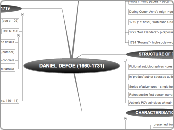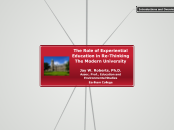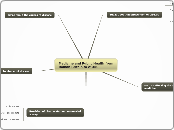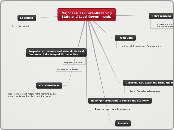por Ardo Ardi hace 7 años
2955
DANIEL DEFOE (1660-1

por Ardo Ardi hace 7 años
2955

Ver más


por Nina Kruggel


por Jay Roberts


por Anthea Pryde


por Raheem Brown